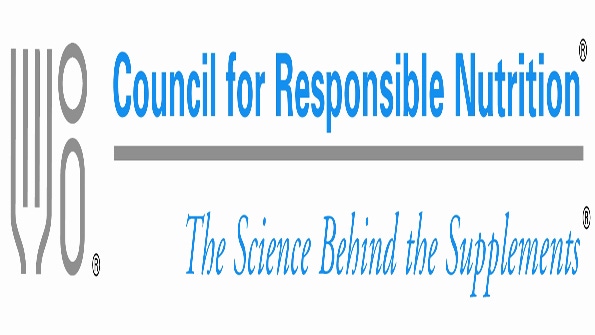CRN finds very specific flaws in this study, namely that "it was not set up to address the question it answered."
February 13, 2013

In response to a study, “Long term calcium intake and rates of all cause and cardiovascular mortality: community based prospective longitudinal cohort study,” published in the British Medical Journal, the Council for Responsible Nutrition (CRN), the leading trade association representing the dietary supplement industry, issued the following statement:
Statement by Taylor C. Wallace, Ph.D., senior director, scientific and regulatory affairs, CRN:
“We know that calcium is essential for bone health, especially if you are a postmenopausal woman at risk for osteoporosis. This study doesn’t change that fact and also demonstrates there are potential issues with too little calcium. The Institute of Medicine recommends women over 50 should obtain 1,200 milligrams of calcium daily, but also advises of a Tolerable Upper Intake Level (UL), which is the point at which no adverse effects are known, of 2,000 mg daily—from all sources, including food and supplements. This study does not change those recommendations, nor should it.
"It’s important to understand that this study did not demonstrate a cause and effect relationship between calcium and heart health or all-cause mortality, and in fact, we are not aware of a single human study that does. There are some very specific flaws in this study, beginning with the fact that it was not set up to address the question it answered. Further, it did not adjust for the role of hormone replacement therapy (HRT), and since science has gone back and forth as to whether HRT helps or hurts the heart, the jury is out as to how this might influence the findings.
"Consumers should be aware of how much calcium they are getting, from food and then from supplementation. However, with supplements you can clearly identify how much you are taking, while it is easier with food to forget to keep track, as you may tend to graze, with a piece of cheese here, and a glass of milk there. Pay attention to what you’re eating, and then supplement to fill in the gaps. Despite the way the medical journal has tried to promote this study, the fact is supplementing with calcium is a perfectly safe and reasonable approach to take. Consumers should remember to talk with their doctor or other healthcare practitioner about their individual calcium needs and what’s right for them.”

About the Author(s)
You May Also Like




